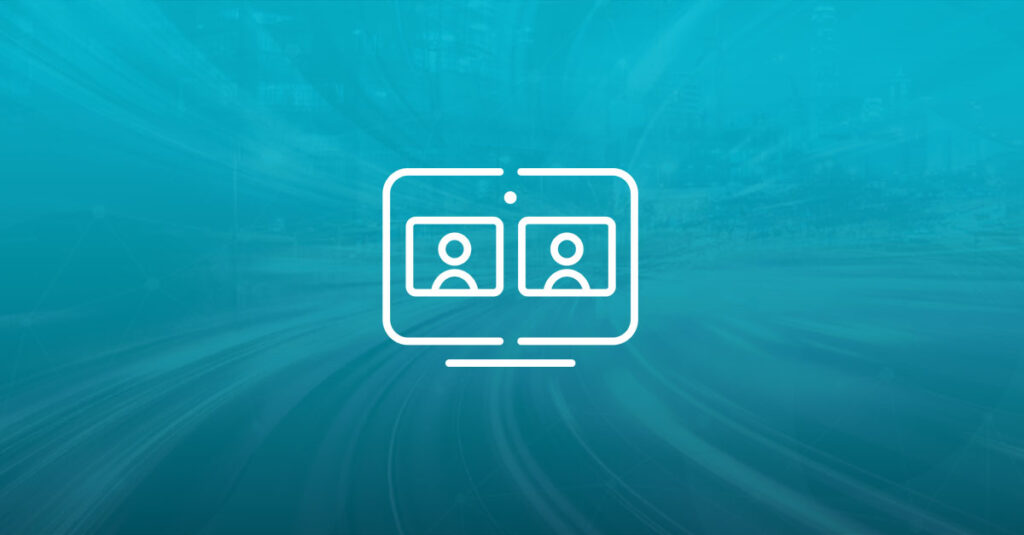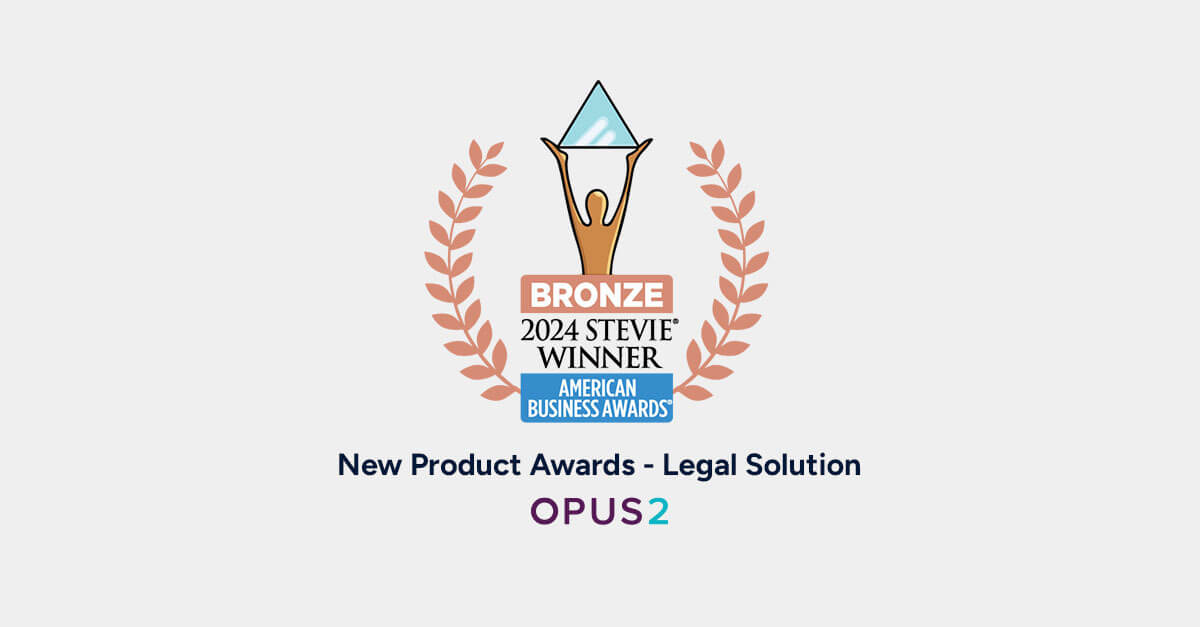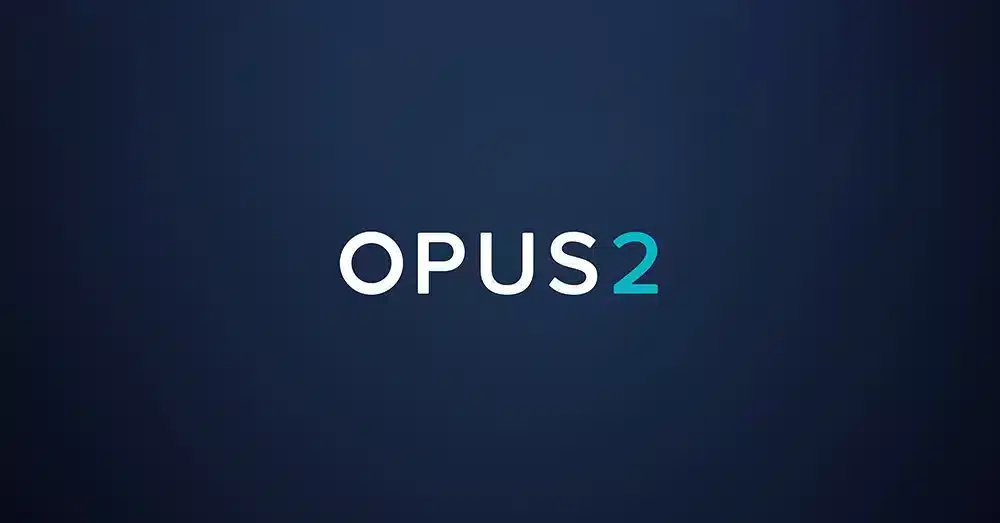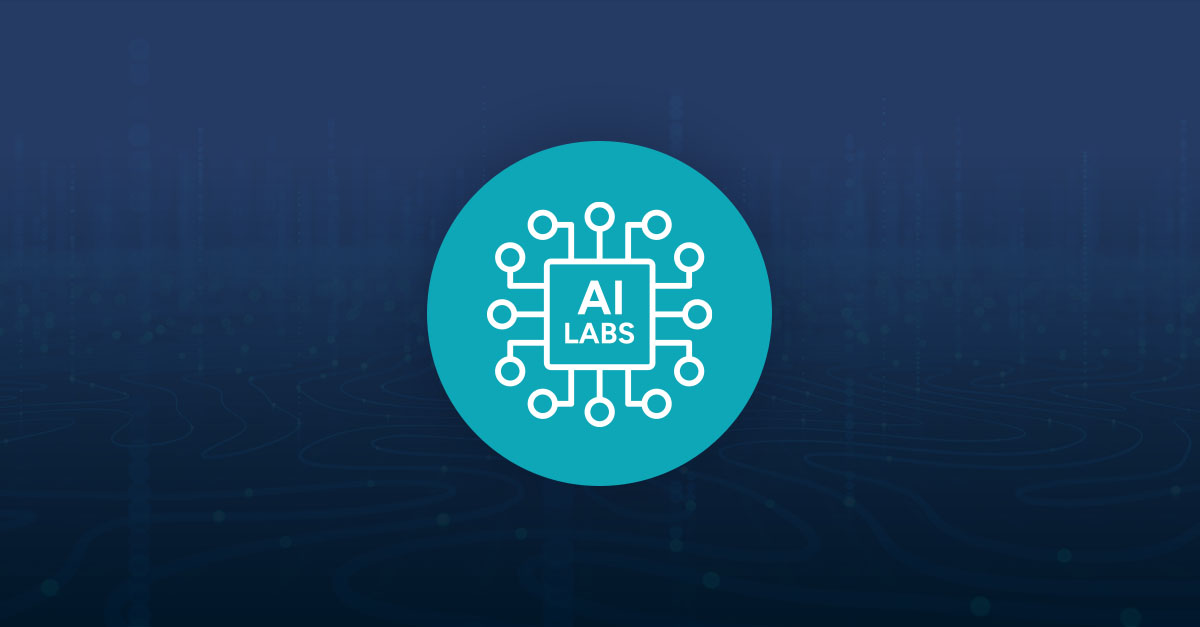This article was originally published by Asian Legal Business on 1 September 2023.
Arbitration has long been favoured as a reliable alternative dispute resolution mechanism, providing parties with a means to resolve complex commercial disputes outside traditional court proceedings. However, what once was a faster and cheaper alternative to court proceedings is no longer always regarded as such – especially amongst parties who use arbitration for complex disputes, which require more time and resources to resolve. Additionally, the increasing number of arbitration cases has led to a backlog of cases, which can further delay the process.
Since the late 2010s, many international arbitration institutions have adopted rules for fast-track arbitration to help address the need for faster, more cost-effective resolution of disputes. In recent years, the adoption of expedited arbitration procedures has gained significant traction, particularly in the vibrant hubs of Singapore and Hong Kong. Several factors are driving this surge in demand, including the increasing prevalence of expedited filings for post-M&A private equity disputes (PE) and construction matters.
This article explores the rising trend of expedited arbitration in the context of construction and PE disputes, its challenges, and technology’s role in streamlining the process.
The growing demand for expedited arbitration
In recent years, there has been a notable surge in applications for expedited arbitration procedures across various arbitration institutions. This trend reflects the desire of parties to achieve efficient and cost-effective dispute resolution.
In the construction sector, expedited arbitration presents an attractive option where timely resolution of disputes is essential to avoid project delays and cost overruns. Take, for instance, a renewable energy project involving multiple assets such as wind turbines and solar PV cells. A technical issue could halt progress, causing delays and financial strain. Expedited arbitration offers a mechanism to promptly address such problems, allowing parties to continue construction with the certainty of an enforceable arbitral award. This agility can be a decisive factor in maintaining project momentum.
Within the Asia-Pacific (APAC) region, the landscape of private equity has seen remarkable expansion, drawing global funds’ attention. This growth has led to a significant rise in post-M&A disputes, a trend underscored by statistical data from prominent arbitration bodies like the Hong Kong International Arbitration Centre (HKIAC), the Singapore International Arbitration Centre (SIAC), and the International Chamber of Commerce (ICC). This increase can be attributed to the rapid pace at which private equity investments unfold, often within short time frames. Expedited arbitration offers a means to resolve disputes arising from these transactions efficiently.
In this context, there is a notable proposed change to the SIAC Rules suggested in the 7th Edition (consultation draft), published on 22 August 2023. This revision involves an upward adjustment in the ceiling value for expedited arbitration, rising from SGD $6 million to SGD $10 million. This proposed amendment reflects the institution’s response to the heightened demand for expeditious dispute resolution mechanisms.
Expedited arbitration adds challenges for legal professionals
While expedited arbitration offers several advantages, it has its challenges. The compressed timelines demand efficient case management, thorough preparation, and effective collaboration between parties and the tribunal.
One of the foremost challenges is striking the right balance between speed and due process. Expedited arbitration should not compromise the principles of fairness and the parties’ right to present their case. Achieving this balance requires careful procedural design and skilled arbitrators who can manage the process effectively. Reputable institutions in both Singapore and Hong Kong have established arbitration frameworks that are well-regarded for their arbitration procedures and safeguards. While expedited arbitration can raise concerns, these institutions aim to find balance between effectiveness and following proper procedures to ensure fair and effective dispute resolution.
There is also increased pressure on the availability of experienced arbitrators who can commit to the accelerated process. Institutions play a crucial role in identifying arbitrators, taking care to appoint arbitrators with specific expertise in the relevant sectors, enhancing the efficiency and quality of the arbitration process.
Expedited arbitrations frequently take place without oral hearings, with decisions being made through the review of documents and written presentations. Institutions including the Australian Centre for International Commercial Arbitration (ACICA) and HKIAC commonly establish a documents-only arbitration approach as the standard procedure unless the arbitrator specifies otherwise. Certain other arbitration bodies enable the arbitrator to make a determination after discussing the matter with parties involved.
In such cases, legal teams and the tribunal can leverage technology to enhance efficiency and simplify the arbitration process. In today’s era of digital transformation, new innovative solutions have been designed to address the unique challenges presented by expedited arbitration, ultimately leading to more effective and successful dispute resolution.
The role of technology in expedited arbitration
Documents-only arbitration
In the context of expedited arbitration conducted through documents, the critical focus is on presenting concise evidence and addressing key issues strategically. Expedited arbitrations require streamlined disclosure and document presentation, necessitating meticulous case preparation and strategic focus by the parties and the Tribunal.
This is where the value of a solution like Opus 2 Hearings becomes particularly evident. Opus 2 Hearings offers a distinct advantage by aiding parties in managing evidence and issues during the case preparation phase. This solution assumes a fundamental role in ensuring the efficiency and effectiveness of the arbitration process.
Managing deadlines and process efficiency
Cloud-based technology accessible from anywhere globally proves invaluable when managing expedited deadlines and process complexities. Opus 2 Hearings consolidates fragmented tools and reduces manual efforts, optimising resource allocation, alleviating the complexities inherent in expedited arbitration proceedings and enabling parties to navigate tight timelines confidently and present well-prepared cases. Parties can efficiently organise and manage documents by centralising case-related materials and evidence on a single platform, granting secure access to critical information. Providing the arbitrator/tribunal with early access ensures a swift grasp of the case’s substantive issues, particularly within shorter timeframes, thus facilitating a more efficient resolution process.
Case preparation and collaboration
Efficient case preparation is crucial in expedited arbitration. Opus 2 Hearings provides a collaborative environment where parties and their legal teams can seamlessly collaborate on evidence compilation, legal research, and document organisation. These platforms facilitate effective communication and coordination, ensuring all stakeholders are well-informed about the case’s progress. Collaborative tools such as note-taking, annotation, and hyperlinking empower parties to manage evidence efficiently, reducing the burden of handling extensive documentation, which becomes especially significant when dealing with time zone differences, enabling a smoother and more synchronised collaboration process. Advanced reporting features provide insights into case progress, allowing legal teams to identify trends and focus on the core elements of their case, all while adhering to strict timelines.
Expedited arbitrations where a hearing is requested
Expedited arbitrations where some form of oral hearing is requested can pose additional difficulties. Such proceedings commonly revolve around a sole arbitrator, a prevalent structure employed across various global institutions. The pivotal role of this arbitrator cannot be overstated, and it is within this context that the integration of technology becomes exceedingly valuable.
Opus 2 Hearings steps in to address the unique challenges posed by expedited arbitrations featuring a sole arbitrator.
Expedited arbitrations often become more challenging when oral hearings are requested, especially within the framework of a sole arbitrator system commonly adopted by global institutions. Recognizing the pivotal role of this arbitrator, the integration of technology becomes an invaluable asset.
Electronic evidence and “follow the presenter” mode
Opus 2 Hearings stands as a solution tailored to navigate the complexities of expedited arbitrations led by a sole arbitrator. Integrated Electronic Presentation of Evidence (EPE) streamlines the presentation of arguments and evidence, offering a clear and comprehensive display of referenced documents or exhibits, eliminating burdensome administrative tasks and the need for physical copies and manual document handling during the hearing.
Through private workspaces, Opus 2 Hearings fosters secure collaboration among involved parties during the hearing. The inclusion of the “follow the presenter” mode empowers the sole arbitrator to actively engage during the hearing. Utilising features like tagging and annotations, the arbitrator can pinpoint key points for subsequent reference when formulating the award. Importantly, the ensuing transcript maintains meticulous detail, including precise time stamps and essential information. This comprehensive approach instils a heightened sense of assurance among all parties involved, affirming that the arbitrator possesses an accurate and thorough record of the discourse, encompassing references made by various participants.
Embracing technology to stay ahead of the competition in the fast-paced world of expedited arbitration
In the fast-paced and ever-evolving landscape of international arbitration, where expedited procedures have emerged as a dynamic and essential component, failing to embrace technology can lead to a dangerous position of being left behind the competition. Jurisdictions like Singapore and Hong Kong have recognised the increasing demand for expedited arbitration, which reflects the imperative for prompt and efficient dispute resolution, especially within time-sensitive sectors like construction and private equity. However, as the demand for expedited arbitration rises, so does the need for innovative approaches to ensure due process, manage complex cases, and maintain the highest standards of procedural integrity.
The challenges of upholding due process and managing complex cases in expedited arbitration are not to be underestimated. Striking a balance between speed and fairness can often seem impossible, but this is where technology steps in as a valuable ally, offering solutions that can not only overcome these challenges but also set the stage for a competitive edge.
Collaborative cloud-based solutions have emerged as powerful tools in the arsenal of those engaged in expedited arbitration and empower both parties and arbitrators to conduct expedited proceedings with meticulous precision. Legal teams and tribunals benefit from purpose-built software that enhances collaboration and streamlines evidence presentation, enabling them to navigate the arbitration process masterfully. Moreover, integrated electronic evidence presentation further bolsters the technological arsenal for expedited arbitration practitioners. These tools allow for seamless integration and presentation of complex evidence, expediting decision-making and enhancing the quality of arbitration proceedings.
In the broader context, easily accessible centralised case management systems play a pivotal role in ensuring a triumphant and swift resolution of disputes within the dynamic framework of contemporary legal practices. Such systems are the backbone, facilitating seamless communication, document sharing, and case tracking for legal teams. By embracing these systems, arbitration practitioners can harness the power of data-driven insights, streamline administrative tasks, and maintain a competitive advantage in a field where time is of the essence.
The fusion of collaborative cloud-based platforms with integrated electronic evidence presentation and easily accessible centralised case management systems addresses the challenges of expedited arbitration and propels the practice forward. Those who fail to adopt these technological advancements risk falling behind in the race for efficient and effective dispute resolution. As the global landscape of international arbitration continues to evolve, embracing technology isn’t just an option – staying ahead of the competition and thriving in the fast-paced world of expedited arbitration is necessary.







